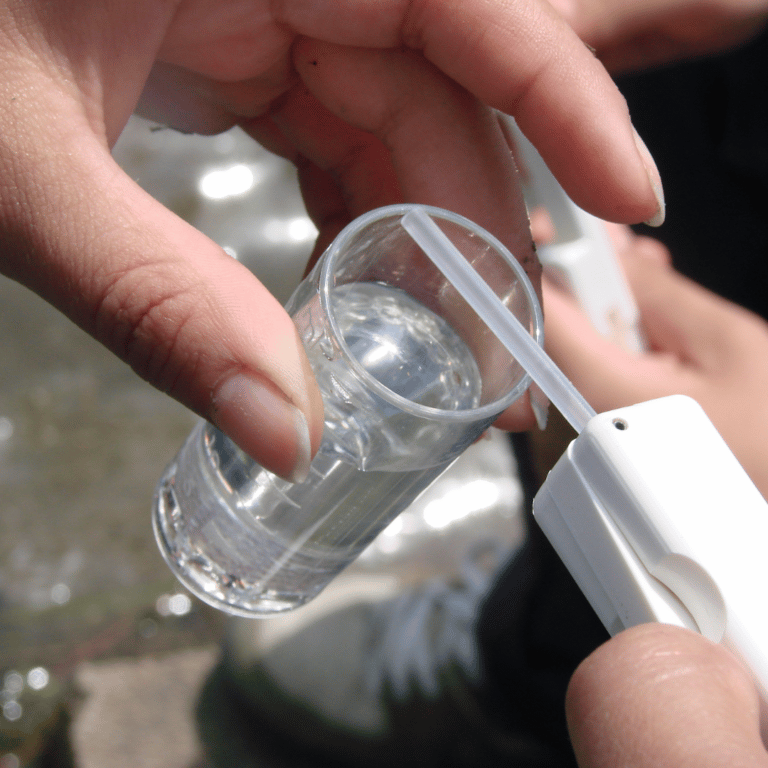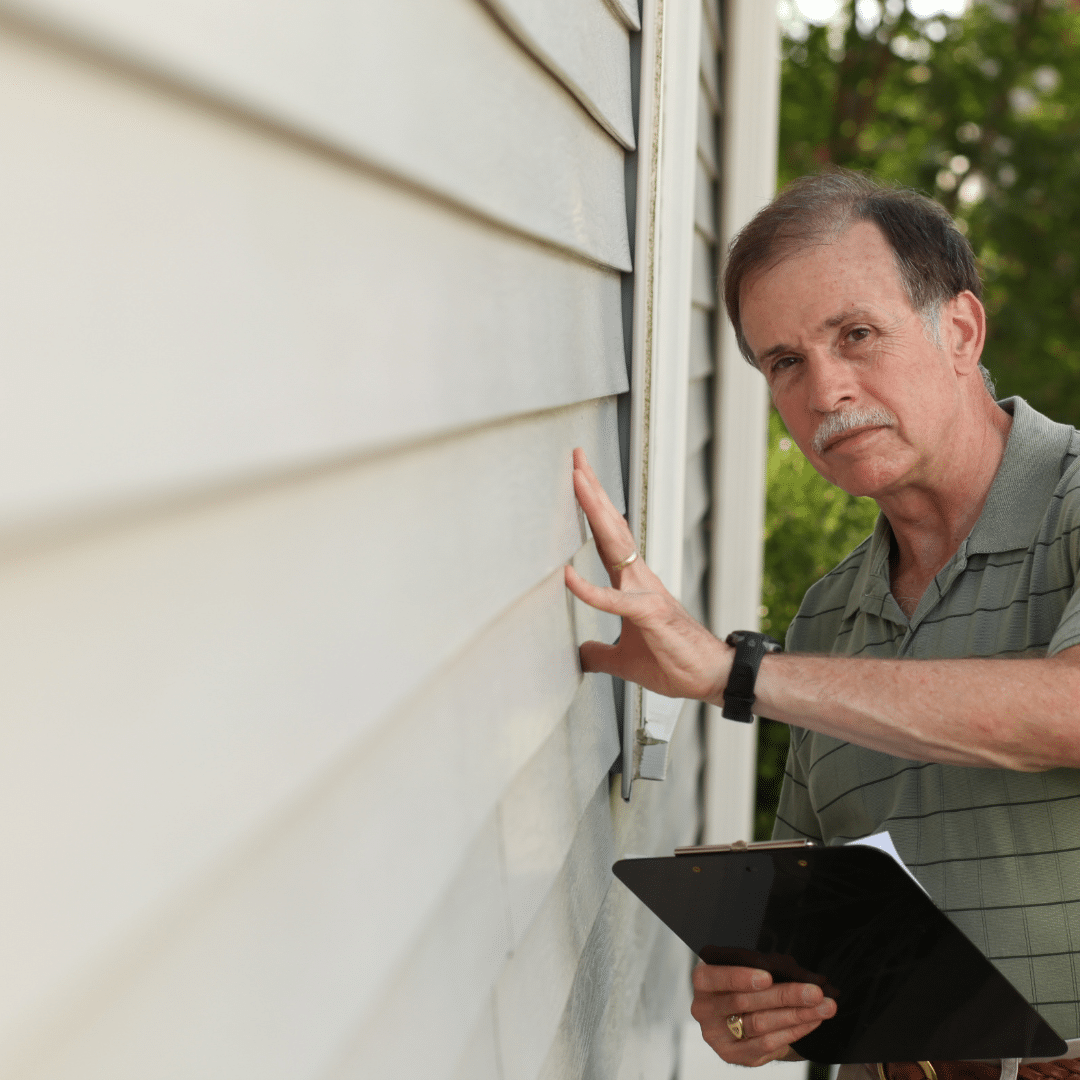Colorado Springs tests municipal water at the source. Still, it can pick up contaminants from the water plant to your home. On the other hand, well water testing is the homeowner’s responsibility. The Colorado Department of Public Health recommends testing well water at least once a year. So, if you’re concerned about water potability, consider hiring a home inspector to perform water testing in El Paso County.
Homeowners may want their water tested for many different reasons. For example, lead can leach into a home’s drinking water from older pipes. Likewise, no health regulations govern private wells, and the county does not monitor them. So, the onus is on landowners to get regular well water tests. Fortunately, several simple tests check your home’s water supply for contaminants and pollutants. So, whenever you’re purchasing a house with well water, ask your inspector to make water testing a part of the buyer’s inspection.
Home Inspector Water Tests
Some home inspectors conduct water quality testing as part of a routine inspection. This testing aims to determine if the water is safe for use. First, inspectors collect samples of water from various sources on your property, such as tap water, well water, and sources used for irrigation. Then they send the samples to a laboratory for analysis. The results help identify potential issues with the water supply so that you can take steps to address any problems.
Water Testing in Colorado Springs
El Paso County Public Health Laboratory tests the public water utilities in Colorado Springs. However, contaminants like lead, asbestos, and organic compounds can leach from pipes as water travels to your home. Testing informs homeowners about pollutants, chemical imbalances, pH, and hardness. Before purchasing a house, ask your home inspector to determine the water quality and safety.
Well Water Testing in El Paso County
Groundwater can become contaminated by oil leaks, agricultural runoff, and other waste. The Colorado Department of Public Health does not monitor or regulate wells. So, if you’re buying a home with a private water source, ask your inspector about drinking water analyses for bacteria, nitrate, and fluoride.
- Bacterial Testing — Bacteriological water potability testing is crucial if you have a private water supply. Levels of bacteria change over time, so have the water tested annually.
- Nitrate Levels — Nitrates come from agricultural fertilizer and animal waste runoff. So, groundwater around farms can have higher levels. High nitrate levels can harm health, especially for pregnant women and infants.
- Fluoride — Children need fluoride for proper dental development. That’s why public utilities supplement their water with fluoride. If your well water has less than 1 mg/l, you may need to add supplements. On the other hand, too much fluoride can damage teeth.
- Lead — Older service lines and plumbing can leach lead into the water. Children exposed to lead can have lifelong health problems affecting IQ, focus, and academics. Consider lead water testing in El Paso County if you have an older home.
- Hardness — High levels of calcium and magnesium cause hard water, which leaves mineral deposits and residue in sinks and bathtubs. It also leads to dry, itching skin. Fortunately, hard water has no adverse health effects. In fact, drinking a little extra calcium and magnesium is good for you.
Is Colorado Springs tap water OK to drink?
According to an Environmental Working Group (EWG) report, tap water in Colorado Springs Utility complies with federal drinking standards. However, 10 contaminants exceeded the more stringent EWG guidelines. As a result, concerned citizens may want to have a home inspector test their tap water to be sure.
Water Testing in El Paso County
Water testing lets you know if your family has access to safe, clean drinking water. First Priority Home Inspections offers water testing in El Paso County during a standard home inspection. We work with a professional laboratory that has state-of-the-art equipment to accurately test for a range of potential contaminants—Call 719-491-1520 to schedule an inspection.









